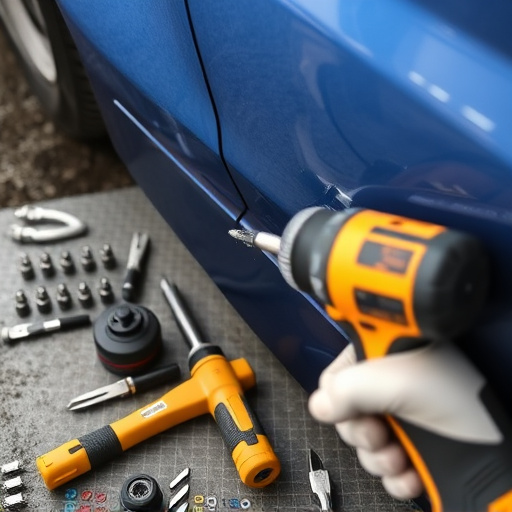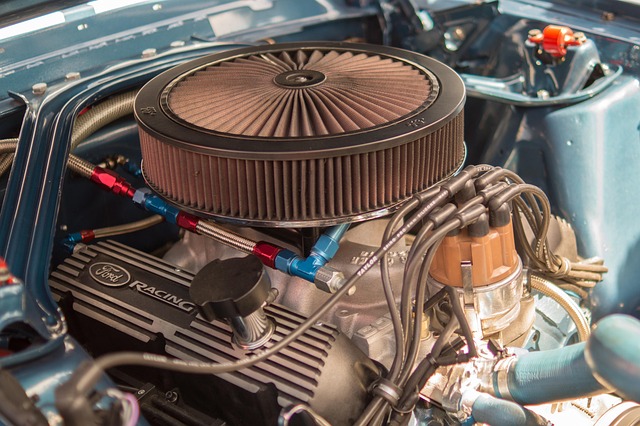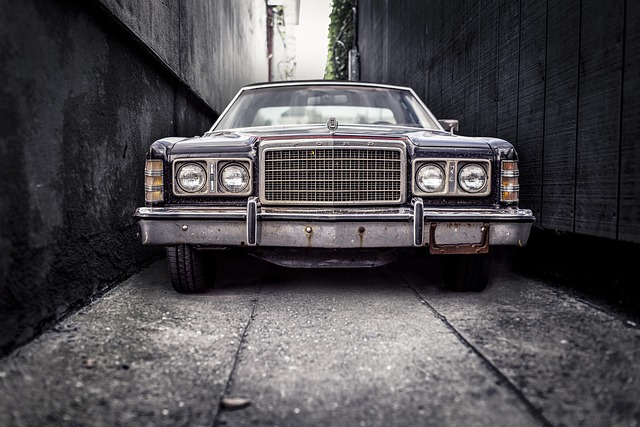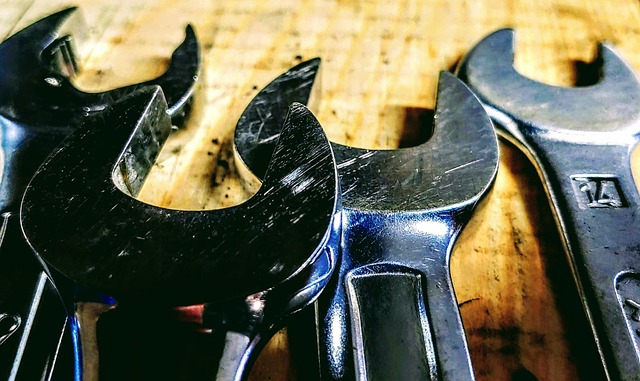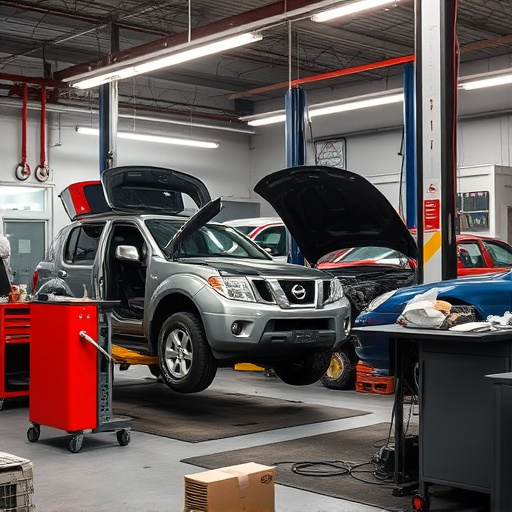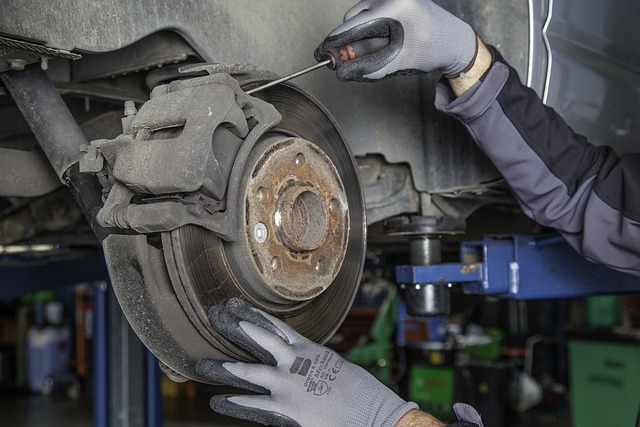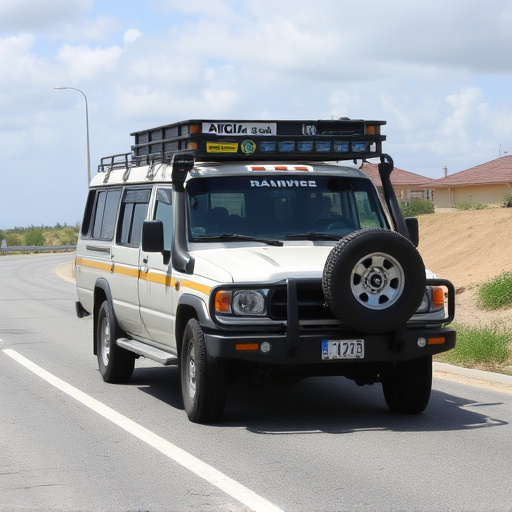Towing a damaged vehicle to a collision center is crucial for efficient, safe auto repairs, especially after significant incidents. Tow truck operators must assess vehicle condition, secure it properly, comply with industry standards and local regulations, and communicate effectively with centers offering services like auto body restoration and paintless dent repair. Best practices include using specialized equipment, documenting conditions thoroughly, and maintaining proper insurance to minimize risks and ensure a smooth collision repair process.
In today’s digital era, understanding the process of towing vehicles to collision centers is more crucial than ever. This essential practice plays a vital role in facilitating efficient vehicle repairs and ensuring road safety. However, it’s not without its complexities. Towing to collision centers involves legal considerations and liability risks for operators, making responsible practices indispensable. This article explores these aspects, offering insights into best practices for safe and seamless towing operations related to collision centers.
- Understanding Towing to Collision Centers: A Necessary Process
- Legal Considerations and Liability for Tow Truck Operators
- Best Practices for Safe and Responsible Towing Operations
Understanding Towing to Collision Centers: A Necessary Process
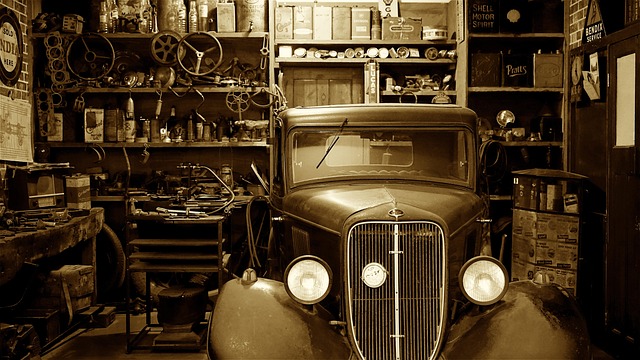
Towing a vehicle to a collision center is often an essential step in the auto repair process, especially after a significant accident or damage. This practice ensures that vehicles are safely transported to specialized facilities for comprehensive car collision repair and restoration. It’s not just about getting from point A to point B; it’s a crucial procedure designed to minimize risks during transit and maximize the chances of successful car paint repair and overall auto repair shop efficiency.
Effective towing procedures involve careful assessment of vehicle damage, proper securing during transport, and adherence to industry standards. These measures are vital to prevent further harm or misalignment, ensuring that when vehicles reach the collision center, they’re in the best condition possible for their respective car collision repair treatments.
Legal Considerations and Liability for Tow Truck Operators
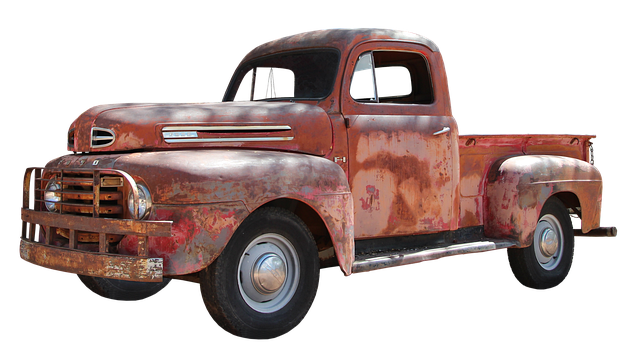
When a vehicle requires towing to a collision center, tow truck operators face a web of legal considerations and liability concerns. The primary responsibility lies in ensuring safe transport of the vehicle, adhering to local regulations, and maintaining proper insurance coverage. Towing companies must be cognizant of their role in the vehicle’s journey from point A to the collision repair center, as any negligence during towing could lead to significant liabilities.
Additionally, operators should be well-versed in the processes and services offered by the collision centers they frequently collaborate with. Understanding procedures like auto body restoration or paintless dent repair can help in effective communication with customers and specialists alike, ensuring a seamless transition for vehicles in need of these specialized services.
Best Practices for Safe and Responsible Towing Operations

In the realm of towing to collision centers, best practices for safe and responsible operations are paramount to ensure both vehicle integrity and customer satisfaction. When a vehicle experiences a collision, proper handling from the point of roadside assistance to arrival at the collision center is crucial. First, tow truck operators must assess the situation, ensuring the safety of all parties involved before initiating towing. This includes examining the severity of the damage and implementing appropriate safety measures to prevent further harm or displacement of vehicle components during transport.
For responsible towing operations, it’s essential to prioritize minimal impact on the car’s structure. Skilled operators should employ specialized equipment designed for different types of vehicles, especially when dealing with complex car body restoration cases. Moreover, maintaining clear communication between dispatchers, drivers, and collision center staff can streamline the process, minimizing wait times and ensuring efficient vehicle handover. Proper documentation of towing procedures, conditions of the vehicle upon pickup, and any pre-existing damage is also critical for managing liability considerations in case of disputes or claims related to car bodywork and subsequent vehicle collision repair processes.
Towing a vehicle to a collision center is a crucial step in the auto repair process, but it comes with legal and operational considerations. Understanding the importance of safe and responsible towing operations, as well as adhering to liability guidelines, ensures a smooth transition for all parties involved. By following best practices and staying informed about local regulations, tow truck operators can provide efficient service while minimizing risks. When it comes to towing to collision centers, knowledge is key to a successful and secure outcome.



